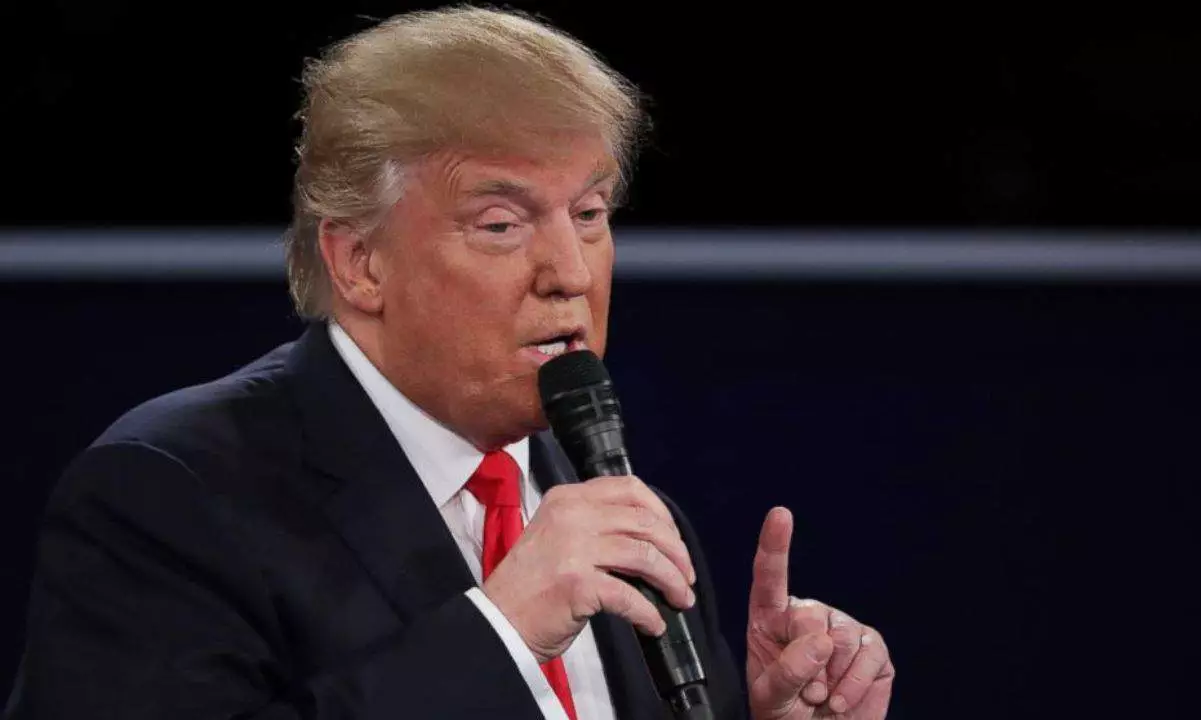In the ever-evolving landscape of finance and technology, cryptocurrencies have gained significant momentum, capturing the attention of both investors and policymakers alike. Notably, a recent interview highlighted the U.S. administration’s approach to cryptocurrency under the presence of former President Donald Trump. This discussion posited an intriguing comparison between the government’s strategic reserve of petroleum and the potential establishment of a similar reserve for digital currencies. By delving into key statements made during this interview, we can unpack the implications for America’s position in the global cryptocurrency arena.
During the interview with Jim Cramer, Trump expressed an optimistic outlook regarding the administration’s plans for cryptocurrencies. He suggested that the U.S. should assert itself as a leader in the crypto space, implicitly drawing parallels with other nations, particularly China, which has been aggressive in adopting digital currencies. Trump’s assertion, “We’re going to do something great with crypto,” underscores a belief in the transformative potential of digital assets, presenting them not just as an investment opportunity but as a vital sector of the economy.
In his discussion, the Trump administration’s emphasis on fostering a conducive environment for cryptocurrency innovation reveals a forward-thinking viewpoint. By prioritizing advancements in technology and positioning the U.S. at the helm of artificial intelligence and digital currency, Trump’s rhetoric aligns with the broader shift towards recognizing cryptocurrencies as integral economic tools.
Central to the promise that cryptocurrencies hold is the necessity for vast amounts of energy, particularly in the context of Bitcoin mining. Trump’s insightful comment regarding the need for “a tremendous amount of electricity” sets the stage for understanding the intersection of energy production and cryptocurrency mining. In a world increasingly concerned with sustainability, this emphasis on electricity use opens up avenues for developing renewable energy solutions.
The correlation between falling solar panel prices and advances in energy efficiency suggests a future where cryptocurrency mining could align with environmentally friendly practices. This dynamic also hints at the competitive landscape that Bitcoin miners face as they seek to minimize costs. As the sector matures, the crossover with renewable energy could redefine not only the economics of mining but also how society approaches energy generation.
Moreover, Trump’s suggestions for key appointments in regulatory positions signal a promising outlook for cryptocurrency-friendly policies. With choices that resonate with the crypto community, such nominations can catalyze a more favorable regulatory environment that might encourage innovation and investment. Successful integration of blockchain technology within existing financial frameworks could lead to a robust economic ecosystem, ultimately benefiting many stakeholders.
As the U.S. contemplates its future trajectory in the cryptocurrency sector, the intersection of leadership vision, energy demands, and regulatory frameworks will shape how this dynamic industry evolves. The global stage awaits America’s moves as it evaluates its positioning among leading crypto nations, making the ensuing developments in this space one of great interest and potential impact.

